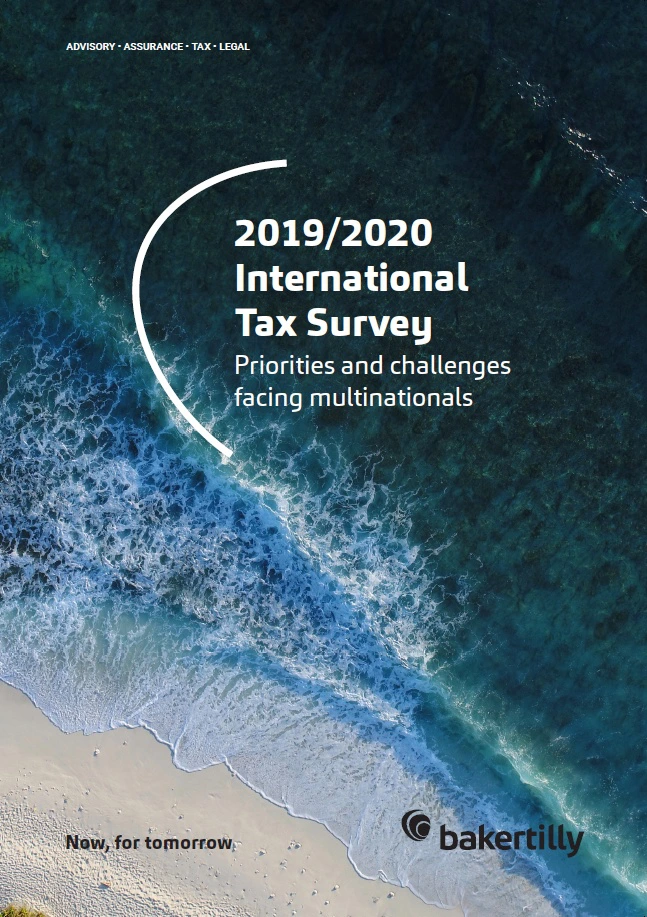Baker Tilly’s newest international tax survey 2019/2020 revealed that transfer pricing and permanent establishments topped the list of concerns for multinational businesses also for second year running.
The report explores the sources of tax uncertainty in an increasingly globalised economy, and the impact of these on daily business.
Evaluation & Use of Tax-relevant data by a business
Data will play a much more important and central role, not only regarding the best possible evaluation and use of tax-relevant data by a business, but also the actual tax authorities’ approach in general. Like big business enterprises, tax authorities will also be working more intensively with company data in the future. For this purpose, tax authorities will request data in a much wider, more detailed and more direct form from enterprises in order to make data-based evaluations that they were not able to do due to lack of information or only by investing a great deal of time and effort.
This means that in future, data will have to be made available to the tax authorities quicker, in greater detail and in a format defined by the tax authorities. An effective data management process within the tax sphere will minimise risks and at the same time optimise control mechanisms to allow enterprises to meet the increased demands of the tax authorities. This provides a great opportunity for enterprises to improve the transparency of their own tax relevant data which will allow them to manage aspects such as their group tax rate or other key performance indicators in a more adequate and target-orientated manner.
TPA Group’s experts
Iris Burgstaller and
Leopold Kühmayer also worked on the international tax survey of Baker Tilly International.









